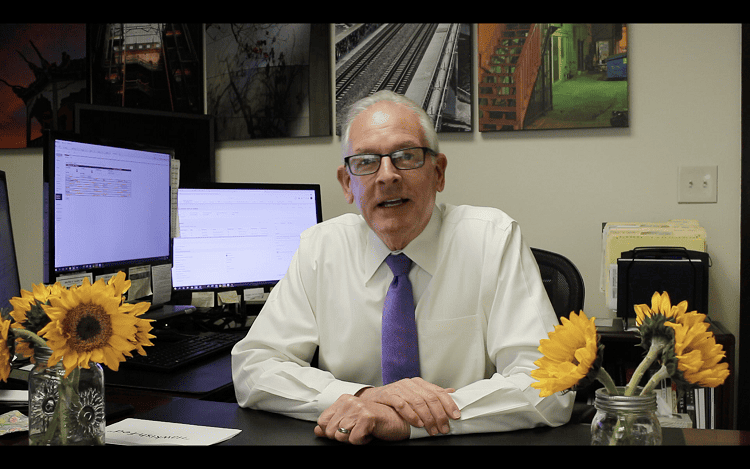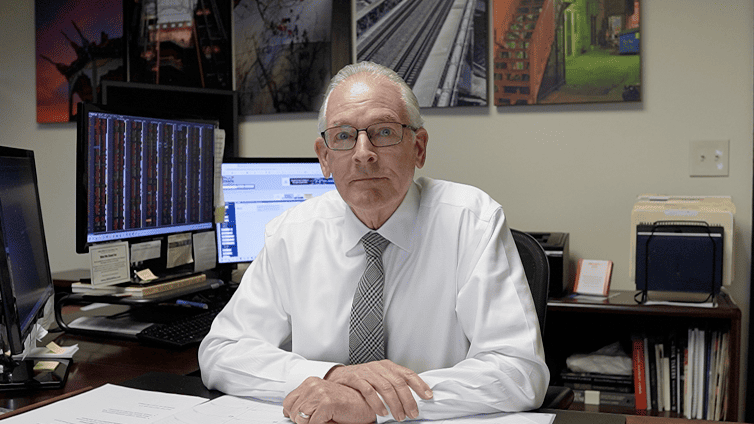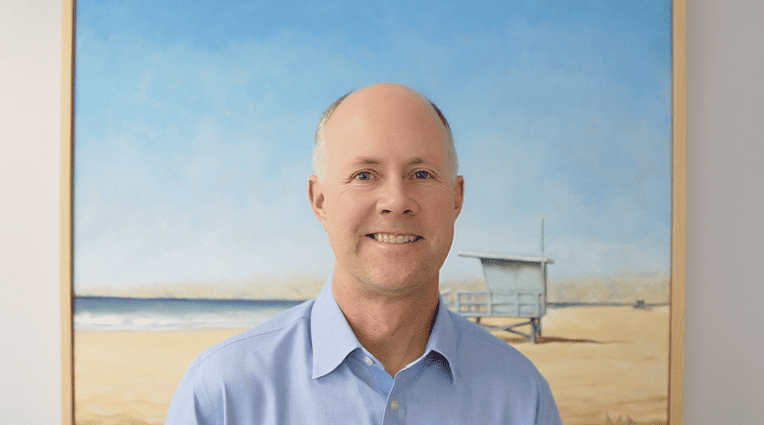I don’t think anyone would argue with me if I said, “These last couple of years have been kinda weird.”
In this short video I’m going to talk about the markets and explain the term “Hawkish Fed” as it relates to interest rates and what’s happening in the stock market right now. The year has actually started off as we expected. That doesn’t happen all the time. In fact, it has been a little worse than we expected, but not much. There was a pent-up demand at the end of last year to sell the high-flying stocks due to the high prices they commanded. But because many investors didn’t want to unload stocks that had run up in price and pay taxes this coming April, it appears they waited until the new year to start selling. Thus, the big drops in what we call the high-flyers.
Now, selling precipitates more selling and prices get to levels that seem quite low, relative to where that had been. However, good value that comes from low prices is what it takes for buyers to come back in. And that’s when stock prices bottom. Are we there yet? I don’t know. In the financial arena, one term that has bantered about recently is “Hawkish Fed.” That means the Federal Reserve Board is tightening credit and raising interest rates. Contrast that with a “Dovish Fed,” which is just the opposite.
Nothing against the Fed, they are in a tough spot due to the high inflation we’ve seen in the past year. What are we seeing now? 7%? That’s the highest level since 1982. Many of our clients weren’t even born then. Inflation might even be higher. The Fed, led by Jay Powell, has to do something and it is likely we’ll be seeing interest rates rise. That is the blunt instrument tool that the Fed controls.
The stock market always worries about something and part of the reason we are getting this selloff is the worry that the Fed will go too far and risk putting the economy in recession. Anyone who remembers how the inflation of the 70’s was tamed will recall Paul Volker, the then Fed chairman, raised rates so high, that the economy tanked, a recession occurred, and inflation finally dissipated. It took a while and there was a big cost to this. Is that going to happen again? We’ll see.
Right now, the economy is in decent shape, the stock market has had three good back-to-back-to-back years, and we are all crossing our fingers that by early spring we are going to have a healthy population. Time will tell.
If you have a good investment plan of action, meaning you can ride the market roller coaster without panic, you might want to look at selloffs as opportunities and not disasters. No one likes to see their portfolios fall in value, but it happens. This might be a time that investors are reminded of that truth. Stick with your plan unless something has changed with your financial circumstances. Always look at risk before anticipating returns. If you are losing sleep because the stock market is correcting, you probably have too much money in the stock market. Adjust accordingly.
I’m going to close with this story: two ladies were sitting in the backyard talking. One said to the other, “my goodness, aren’t things just a mess right now? How do you see the future shaping up?” The other lady smiled and said, “I see beautiful flowers in the future.” To which the other lady said, “don’t you watch the news? How can you say you see flowers?” Again, she smiled and said, “Because I’m planting flowers.”
Let’s all stay optimistic and look on the bright side of things. Let’s take things one day at a time.
Until next time, I’m Phil Albitz. Thanks for watching.





